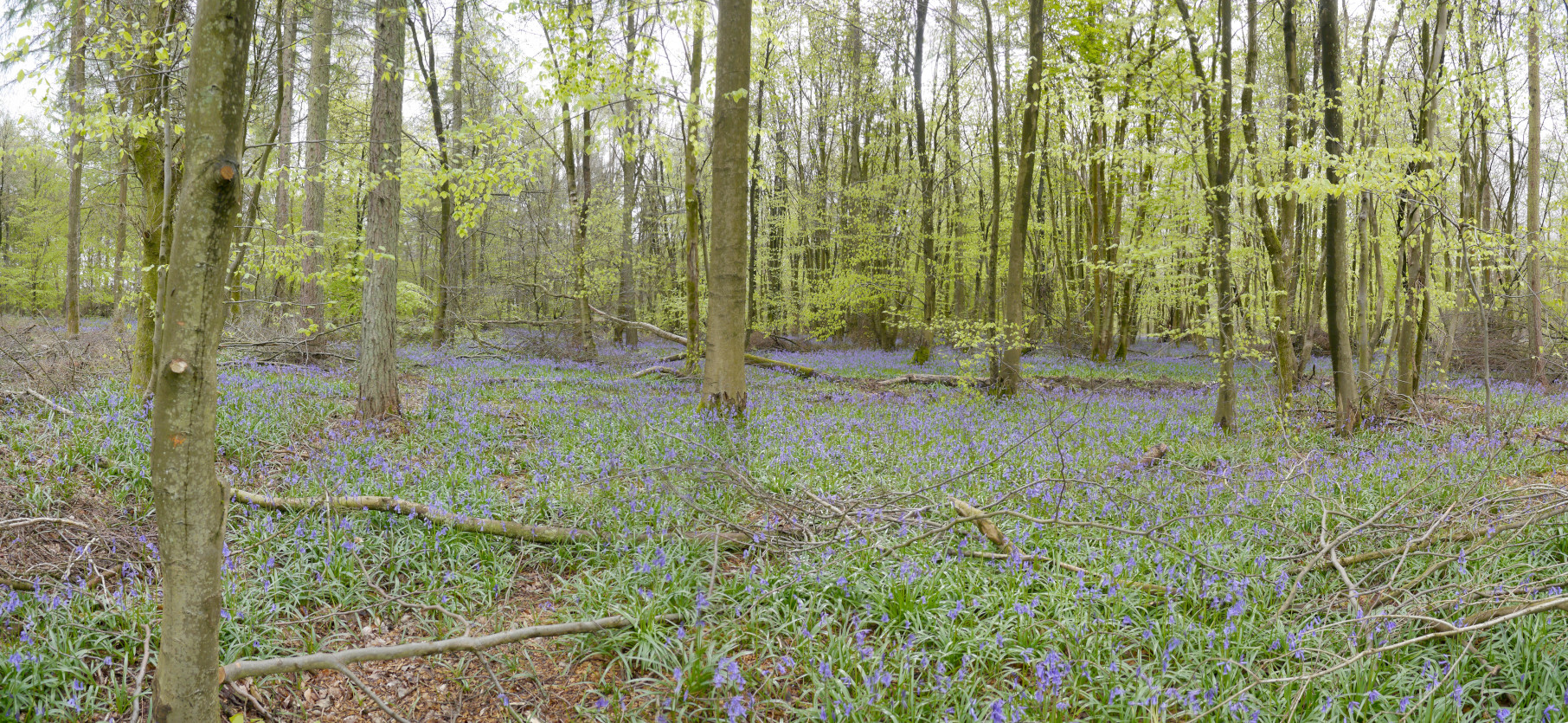I have worked in community development since 1992, primarily in Africa and South East Asia, as an NGO programme director, consultant, trainer, researcher and external evaluator. My research has been strongly ethnographic, using mixed methods, involving both community surveys and in-depth interviewing and focus group discussions.
I initially became involved in community development through my work in adult literacy and later, as Chair of The British Association of Literacy in Development (BALID) for over 10 years. I see literacy as more than just reading and writing but as a social practice, linked to voice, power and rights. I am currently involved in research on the impact of COVID-19 on adult literacy in the Afghanistan, The Philippines and the UK.
My work in recent years has focused on women’s empowerment, taking a holistic approach, towards ending gender-based violence, including female genital mutilation/ cutting (FGM/C). My research and facilitation approaches aim to understand people’s attitudes and creating safe spaces, through non-judgmental dialogue, for participants to openly discuss taboo subjects.
As Programme Director for Feed the Minds for 9 years, I promoted evidence-based approaches, contributed to capacity building of the NGO teams and introduced effective evaluation processes.
My research has been both qualitative (using interpretative techniques including Most Significant Change) and quantitative, undertaking large scale population surveys using mobile data collection; to explore sensitive issues, especially FGM/C.
Key achievements
- Development of literacy and peacebuilding initiatives in Sierra Leone, South Sudan, Guinea and Rwanda (1999-2014) through working in partnership with local CBOs/NGOs.
- In depth understanding of the context within which FGM/C is practiced in a range of countries including Somaliland, Somalia, Kenya, Tanzania, Sierra Leone, Liberia through engaging with a wide range of stakeholders in relation to FGM/C, facilitating focus group discussions and key informant interviews.
- Development of the Orchid Project Knowledge Sharing Workshops framework in collaboration with the programme team. This flexible and creative framework has supported teams in Kenya, Tanzania, Sierra Leone, Liberia, Nigeria and Somaliland in incorporating elements from the UNICEF Six Elements of Abandonment into their work at both policy-making and community levels.
- Introducing ethical approaches to community-based research in relation to FGM/C. My research has been both qualitative and quantitative. Most recently I have led a series of research projects on FGM/C in Somaliland and Kenya for Orchid Project, in collaboration with ActionAid, Population Council and NORAD. Each piece of research involved working in partnership with local organisations as well as the Ministries of Health, Education, Religious Affairs and Labour and Social Affairs. I am currently working as lead author with the WHO Reproductive Health Team to develop guidance or ethical research into FGM/C, due to be published in 2021.
- Capacity building of teams from NGOs and CBOs in developing a more strategic and evidence-based approach to challenging thinking in relation to FGC in their communities. I see strengthening NGO and CBO teams as an essential element in every community-based programme, especially through my role with Feed the Minds and working with Orchid Project. Highlights have included hearing of how SOFHA has adapted the mobile data collection techniques introduced to them in 2016 to undertake a baseline study in preparation for a new initiative on family nutrition, thus demonstrating their understanding of the skills and processes sufficiently to transfer these to a new programme and developing their own baseline data against which they will measure progress over the next 5 years.
A fuller description of recent consultancy is available here
